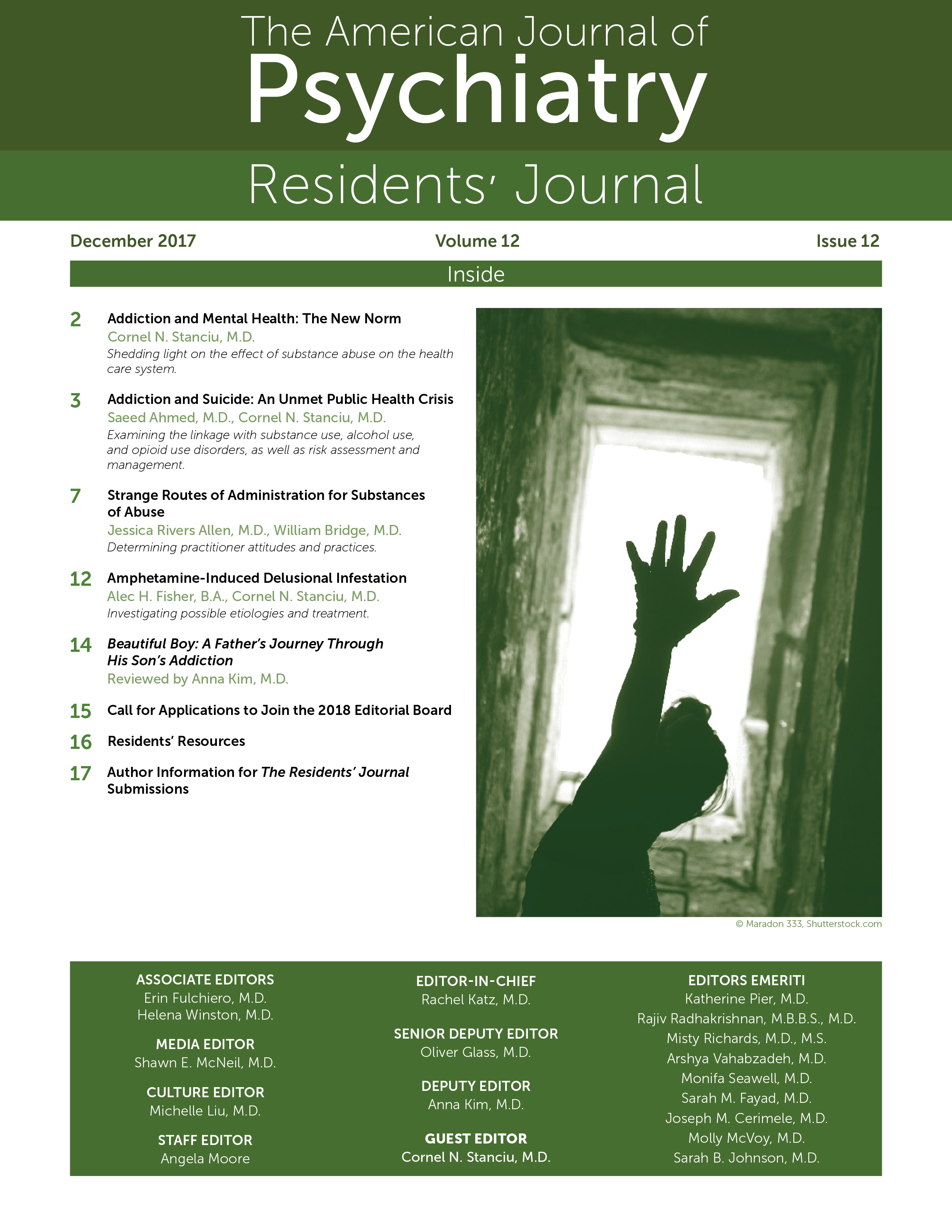Beautiful Boy: A Father's Journey Through His Son's Addiction

You did not cause it, you can't control it, you cannot cure it.
In his memoir Beautiful Boy, author David Sheff poignantly describes the insidious development of his son's addiction, from alcohol and marijuana to, later, methamphetamines, cocaine, and heroin. The book starts with loving vignettes about Nic as a child—sensitive, artistic, smart—and events that Sheff shared with the younger Nic, such as attending the Nirvana concert. These scenes are notably happy and light. As Nic begins to experiment with drugs, Sheff explores another range of feelings many parents of children with addiction disorders experience: guilt, shame, and anger. Readers of Beautiful Boy will likely become keenly aware of "the litany" of thoughts of parents of individuals with addiction disorders. Multiple times throughout the book Sheff expresses wondering whether he could have prevented his son's addiction, perhaps by avoiding divorce, or not telling Nic of his own past substance use, or not smoking a joint with Nic, or, more generally, not acting as an enabler. His mind becomes preoccupied, and, as he states, he becomes "addicted to [his] son's addiction."
Beautiful Boy narrates how addiction affects entire families and, ultimately, society. The constant and consuming unpredictability of relapse, the accompanying emotional rollercoaster, the loss of control, the feelings of helplessness, the tiring tides of hopes with successes and devastation with relapse—all of these are struggles of family members and society. Sheff also speaks of his own personal experience: constant anxiety and sleepless nights, hypervigilance that his son will break into his home again, worry and intrusive thoughts of his son out on the streets, being kidnapped, or dead. Love and vigilance, he concludes, are not enough.
What worked was attending support groups and understanding the neurobiology of addiction. Social support provided connection, as well as realization that addiction is a societal concern, not a personal or moralistic one. Sheff relates stories of a surgeon operating while high and another doctor getting into an automobile accident while under the influence. Shared responsibility encourages compassion and empathy, as well as discussion and change. Additionally, diagnosing addiction and understanding its mechanisms provided Sheff with a different understanding of his son. He writes: "My sense is that the psychologist and psychiatrists who saw Nic over the years gave me useful advice and support, and possibly helped him, too, but in spite of their impeccable credentials and obvious devotion to their work, almost every professional we consulted was inexperienced with drug addiction and failed to diagnose it" (p. 131). It was not until Dr. Edythe London, a psychiatrist at the University of California, Los Angeles, pointed out parts of the brain, via imaging, affected by methamphetamine addiction that Sheff saw addiction as a "brain disease." Rather than the addicted individual being "unwilling" to abstain, he or she is "unable" and has a predisposition toward addiction. This externalization, as well as increased understanding, Sheff notes, alleviated some of his distress. Through his narration, we are reminded of the powerful impact support, education, and explanation can have on societal understanding of addiction.



